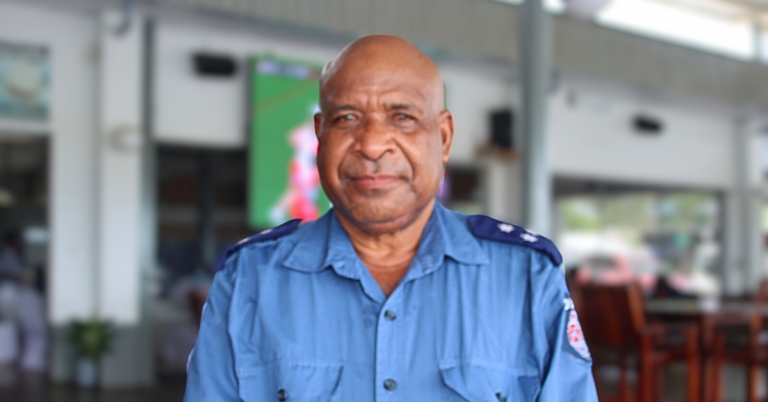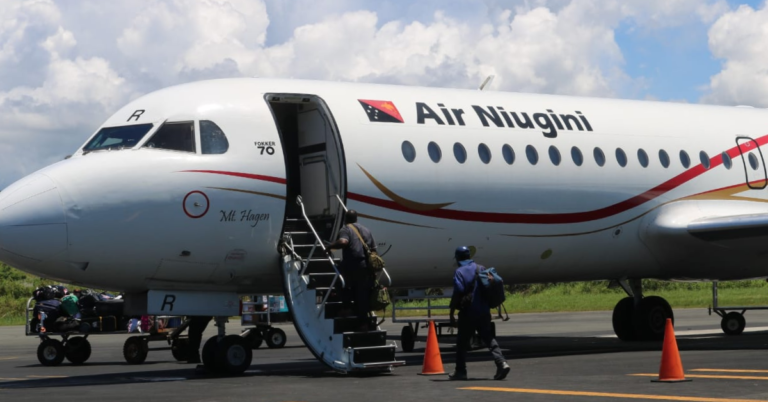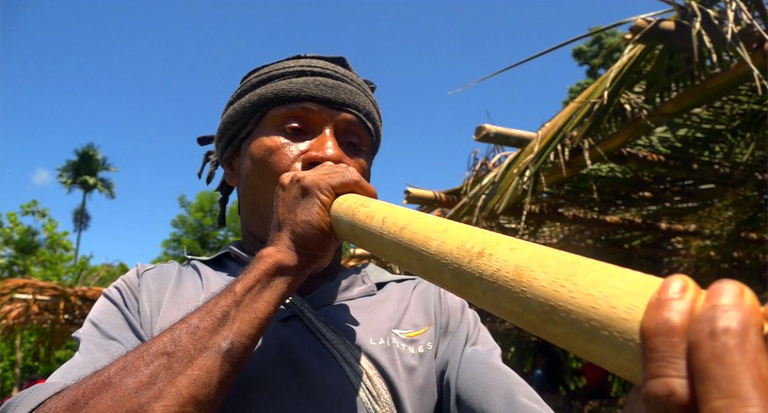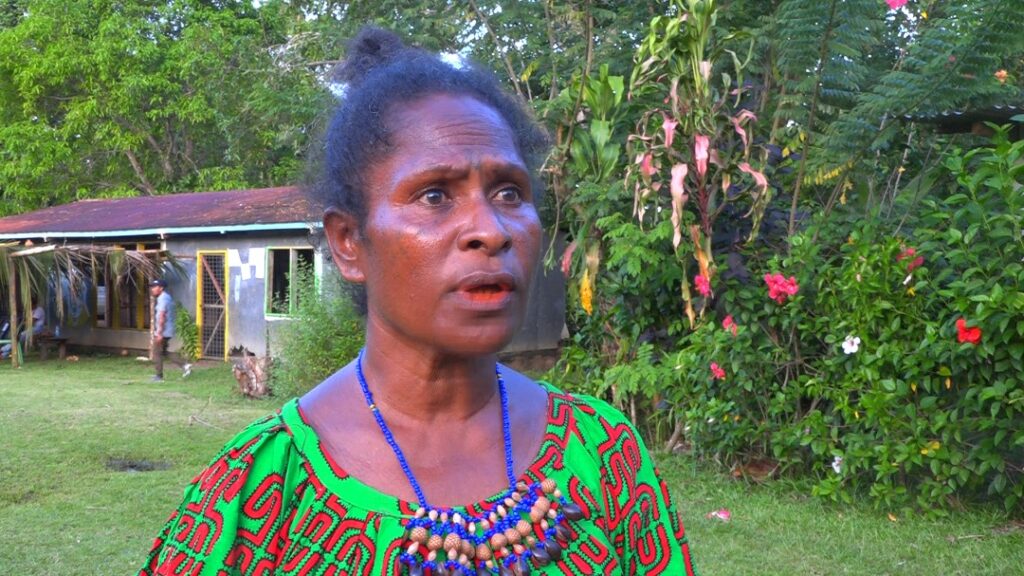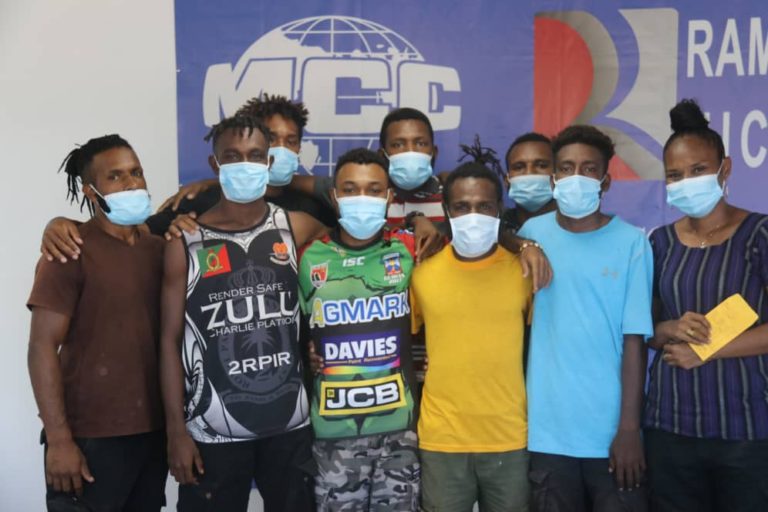In the face of transportation hurdles that have hindered police mobility in Madang, Acting Superintendent Robert Baim has rallied for collaborative efforts between business entities and law enforcement to sustain police presence in the region.
Baim has emphasized the necessity for heightened vigilance and precautionary measures due to the looming threat of opportunistic crimes.
“It’s really affecting our mobility, but with the help of a few business houses and supportive police allies, they have been assisting to at least show police visibility around,” remarked Baim, shedding light on the ongoing challenges confronting law enforcement in the province.
Recognizing the constraints imposed by transportation obstacles, Baim has urged businesses to bolster their security protocols, cautioning against potential exploitation by opportunists. He has underscored the risk of delayed police response to incidents under such circumstances, stressing the imperative of increased vigilance within the community.
“Opportunists might take advantage of the situation and commit acts that police might not respond to promptly,” cautioned Baim, highlighting the significance of proactive measures in mitigating security risks.
Despite the adversities, Baim has reassured the public of the police force’s preparedness to tackle any criminal activities. He has affirmed the unwavering commitment of law enforcement personnel to uphold law and order, while urging cooperation from residents in safeguarding their communities.
The concerted efforts between business establishments and the police epitomize a unified approach towards addressing the security challenges prevalent in Madang. Baim’s proactive stance underscores the pivotal role of community engagement and collective action in ensuring public safety amidst logistical constraints.
Furthermore, the repercussions of fuel rationing have extended to operations at the Jomba police station, where suspects detained in cell blocks are being managed amidst logistical constraints.
Acting Superintendent Robert Baim, the Madang Provincial Police Commander, disclosed that the fuel shortage impacting police mobility has also affected the management of detainees at the Jomba police station. Despite these hurdles, Baim has assured that the police force is diligently working to uphold essential services, including the management of detainees.
“The fuel rationing police are managing at the moment has also impacted operations at the Jomba police station, where suspects detained in cell blocks are being managed,” affirmed Baim, addressing the additional strain imposed by fuel shortages on law enforcement activities.
Baim’s proactive approach and collaboration between stakeholders serve as a beacon of hope in navigating through the challenges posed by transportation constraints, reaffirming the collective commitment to maintaining security and order in Madang.

